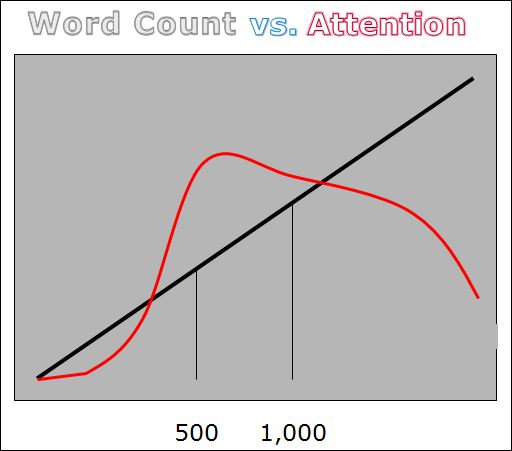There are many great writers who have unsuccessful blogs. Here’s why. They may be great writers, but they are not great bloggers. There’s a big difference. Here are eight ways that blog writing differs from how you might write in school or at work.
1) Headlines matter. A lot.
Nobody is going to sit by the fireplace with a glass of wine and relax with a good blog post. Blog readers are SKIMMERS. More than likely they are scanning their inbox or blog reader to figure out what posts are worthy. So a headline that says “My views on soap” or “Thinking back” are not going to cut it. You have to GRAB ’em and make them read. Here are characteristics of great headlines:
- Catchy
- Descriptive
- Accurate
- Contains keyword
- Tweetable (short)
Also, any headline that indicates a numbered list is going to attract more eyeballs. Busy readers like lists.
2) Write upside down
In school, we are taught to write linearly. A beginning, a middle, an end. That does not work on blogs. You have to tell the ending first. I call that writing upside down. Busy readers are going to be bored and frustrated if you don’t tell them exactly why they are there and what the pay-off is. So start with the end … and then explain it.
3) Keep it short.
You have to EARN the right to go long. If you are Malcolm Gladwell, you have earned the right to go long. If you are just starting to build your audience, don’t challenge them with long posts unless it is something extraordinary. Somewhere between 500 and 1,000 words is golden.
4) Use sub headings
A sub-heading is like a mini headline — like what you see above this sentence. Subheads draw attention down the length of the blog post and breaks up the block of gray. This is especially important in a challenging reading environment like a smartphone.
5) Use your original voice
In journalism school I was taught to keep my “voice” OUT of my writing. Just stick to the facts. The best blog writing weaves your personal narrative into the discussion and lets your personality shine. When somebody wants to write a guest post for {grow} I challenge them to write a post that ONLY they could write. Dig deep. Be you. That is the heart of originality and that is the source of blogging success!
6) Keep it RITE
This is easy to remember. Try to make every blog post R- relevant, I – interesting, T – timely and E – entertaining. If you can do that consistently, you will be creating share-able blog content.
7) Be conversational.
Throw the rules out the door. Write like you speak. Even. If. It’s. Choppy. After you have written your blog post, read it out loud. If it doesn’t sound like you simply talking to your audience, lighten it up. Just tell them the story.
8) End with a question




